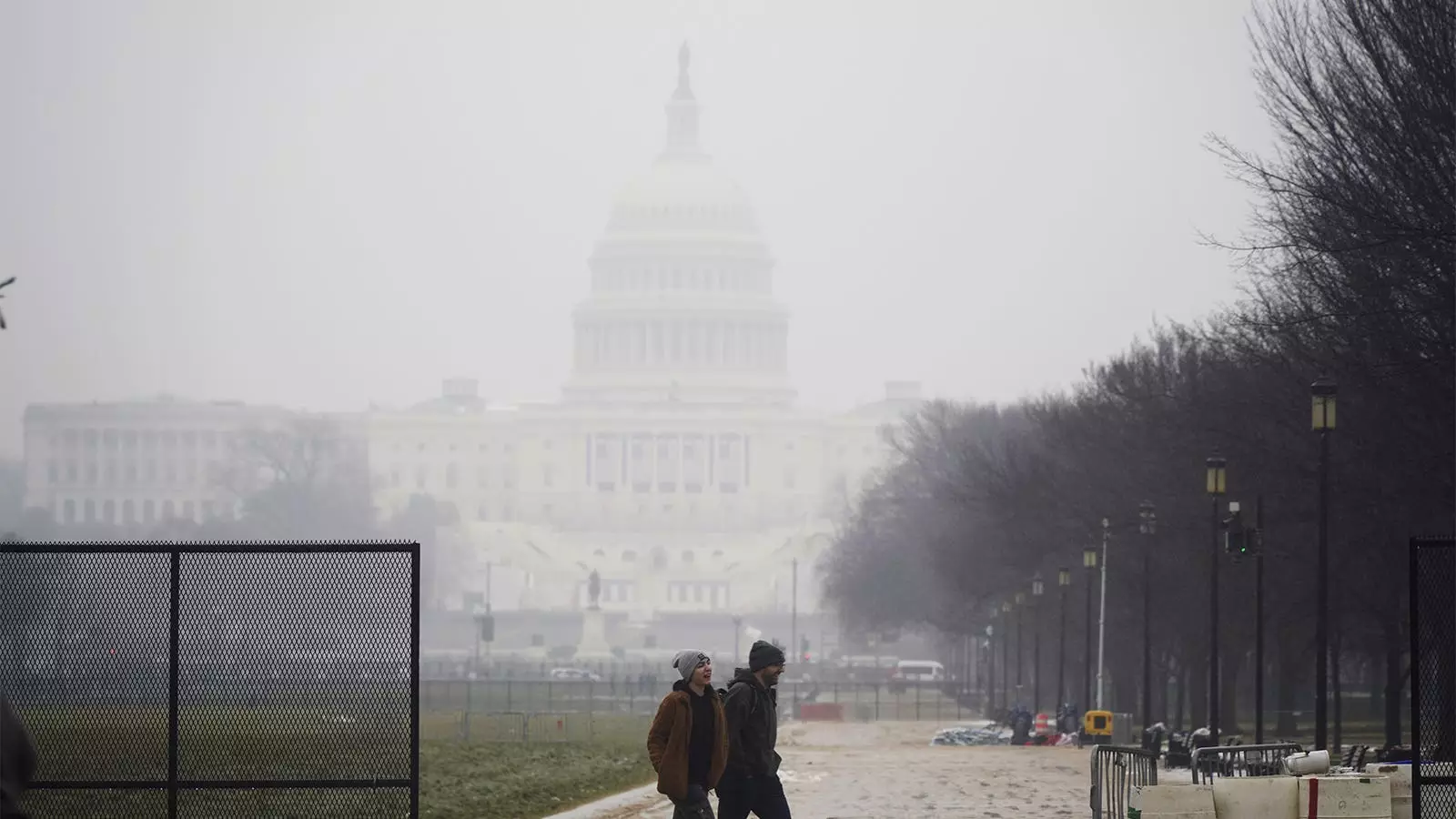The administration of President Donald Trump marked a significant departure from previous U.S. foreign and health policies, particularly regarding the World Health Organization (WHO). In a high-profile executive order on his first day back in office, Trump announced his intentions to withdraw the United States from the WHO, a move that sparked controversy and debate among public health officials and political analysts alike. This decision has implications for global health responses, particularly in an era marked by the ongoing threats posed by infectious diseases and health crises.
In his executive order, Trump criticized the WHO for what he termed its “mishandling of the COVID-19 pandemic,” pointing specifically to its origins in Wuhan, China. He accused the organization of failing to enact necessary reforms and succumbing to political pressures from member states, particularly China. This narrative resonated with certain segments of the American public who were frustrated by the perceived inadequacies in the WHO’s handling of the pandemic, but it raises questions about the validity of such claims. Critics argue that the reality is far more complex, with many experts acknowledging the unparalleled challenges that the organization faced during an unprecedented global health emergency.
Trump’s contention that the WHO’s financial demands on the U.S. were unfair, particularly when contrasted with China’s comparatively minimal contributions, served to bolster his argument for withdrawal. However, this simplification opens up a larger discussion about the role of wealthier nations in funding global health initiatives and supporting the infrastructure necessary for effective pandemic response.
The Immediate Aftermath of Withdrawal
Following Trump’s announcement, public health experts such as Dr. Tom Frieden expressed profound concerns about the ramifications of the U.S.’s withdrawal from the WHO. Frieden highlighted that the WHO is the preeminent global organization capable of coordinating international public health responses. His assertion that “real reform requires engagement, not abandonment” is a crucial perspective; disengagement from such platforms could diminish the U.S.’s influence in shaping effective health policy on a global scale.
President Biden swiftly responded to Trump’s action by rescinding the withdrawal order, signaling a clear intent to re-engage with the WHO. Biden’s decision represented not only a reversal of Trump’s policies, but also an acknowledgment of the necessity of multilateral cooperation in combating health crises—a viewpoint that aligns with the majority of health experts who advocate for collective action in the face of global challenges.
Trump’s Broader Health Policy Agenda
In addition to his controversial stance on the WHO, Trump’s inaugural actions included reversing multiple executive orders issued by President Biden that aimed to enhance health coverage and promote health equity in the U.S. These included orders focused on protecting the rights of LGBTQ+ individuals, advancing workplace safety during the COVID-19 pandemic, and initiatives for expanding access to the Affordable Care Act.
The reversal of these policies raises significant ethical questions about the administration’s commitment to public health and social equity. By dismantling efforts aimed at improving health access and protecting vulnerabilities, the Trump administration risked exacerbating the divisions in American healthcare—a challenge that has been laid bare during the pandemic.
The implications of Trump’s decision extend beyond domestic politics; they touch upon the broader geopolitics of health. By effectively isolating the U.S. from global health initiatives, the Trump administration jeopardized its ability to lead and influence international health diplomacy. The current nature of pandemics requires collective action and the sharing of resources, research, and information on a global scale.
Moreover, Trump’s abrupt withdrawal sends a message to other nations about America’s commitment to international norms and cooperative agreements, potentially leading to increased distrust and unilateral actions from other countries. This strategy of isolationism, particularly in health matters, could give rise to a fragmented global response in times of crises.
Looking ahead, it is evident that global health challenges cannot be effectively addressed in isolation. Engaging with international bodies like the WHO is essential not only for improving health outcomes domestically but for fostering a collaborative environment in which all nations can share best practices and resources. The stark contrast between the Trump and Biden administrations’ approaches to the WHO indicates a larger ideological battle concerning the U.S. role in the world—a battle that will shape the future of public health for years to come. As history has shown, America’s leadership in global health initiatives remains crucial for ensuring a robust response to pandemics, safeguarding health equity, and ultimately improving the status of health worldwide.

Leave a Reply